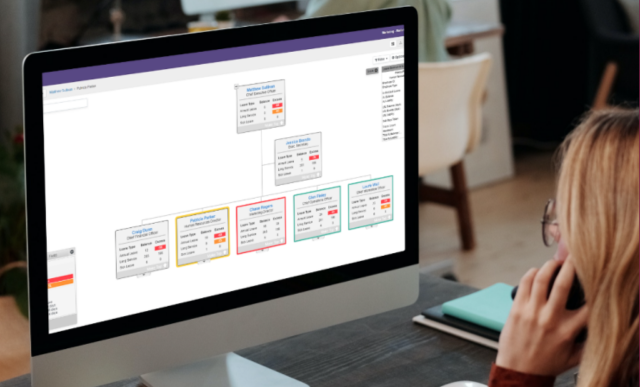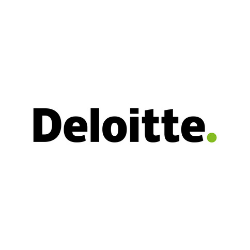Public Sector
Public sector is generally defined as the component of the economy that constitutes of organizations that are owned as well as operated by government entities. The primary objective of public sector is to provide products and services that are considered essential for society, like infrastructure, utilities, education, health care, transportation, police, armed forces etc.
Some of these services may be privately owned as well in some countries. In U.S, public sector comprises of critical and universal services like defense, domestic security (DHS), police, urban planning, taxation, and various social programs. Like many other countries, public sector may overlap with the private sector in producing or providing certain goods or services.
Public sector is generally defined as the component of the economy that constitutes of organizations that are owned as well as operated by government entities. The primary objective of public sector is to provide products and services that are considered essential for society, like infrastructure, utilities, education, health care, transportation, police, armed forces etc.
Some of these services may be privately owned as well in some countries. In U.S, public sector comprises of critical and universal services like defense, domestic security (DHS), police, urban planning, taxation, and various social programs. Like many other countries, public sector may overlap with the private sector in producing or providing certain goods or services.
Technology in Public Sector
Technology has become a pivotal element for today’s businesses and public sector is no exception. Technology leaders in government and public sector units are increasingly adopting niche technologies to drive innovation and transformation. From areas like budgeting and planning, infrastructure management, operations management etc. to increasing transparency and accountability, technology plays a critical role in public sector.
SAP along with its technology partners, provides a set of technologies that can help regional, state, local and national governments maintain and enhance the quality of life of their residents by leveraging digital technologies. These technologies address the following key areas:
- Addressing talent and skill gaps
- Enhancing citizen experience
- Leveraging data as a strategic asset for governance
- Enhancing operational excellence and resiliency
Additionally, all key SAP products like SAP S/4HANA cloud, SAP Concur, SAP Commerce cloud and SAP Analytics cloud, support all operations and aspects of public sector organizations. As an example, government ERP can help governments deliver more value to its citizens through seamless integration between processes and supporting public sector budgeting, grants, and fund management.
Key Considerations for SAPinsiders
In this video session, leaders from SAP partner Deloitte share a practical vision of the future of spend management in the public sector, focusing on leading technology accelerators and process blueprints.
This session discusses how the government of Canada recently initiated a multimillion-dollar, five-year project to build an electronic procurement system to simplify sourcing, contracting, accounting, and to give suppliers everywhere greater access to opportunities.
-

Driving Procurement Transformation with Source to Pay Program
Reading time: 7 mins
Queensland Transport and Main Roads (TMR) faced challenges with their cumbersome procurement process involving 66 discrete steps and the manual handling of over 5.3 million documents annually. Collaborating with SAP, TMR introduced a digital Source to Pay system, streamlining the purchasing process, and accommodating Queensland SME’s, Indigenous, diverse, and large suppliers through an integrated platform.…
-

Building and Monitoring your Workforce Planning Strategy
Reading time: 1 mins
-

-

-

-

-

-

Featured Insiders
-

Tammy Powlas
SAP S/4HANA, Data & Analytics, AI & Machine Learning
Business Analyst/SAP Mentor - Fairfax Water
-

Marc Auro
Managing Director, CUVIV UK
-

Become a Member
Unlimited access to thousands of resources for SAP-specific expertise that can only be found here.


